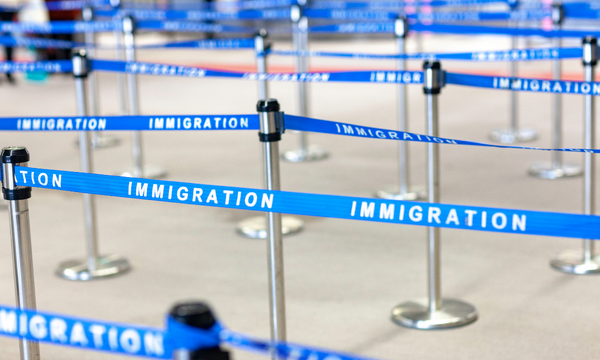
Addressing Global Migration Challenges through Diplomacy


Migration has been a part of human history for centuries. However, in recent times, it has become a complex and pressing issue that requires the attention of diplomats and international organizations. Diplomacy plays a crucial role in addressing global migration challenges, as it involves not only managing the movement of people but also addressing the root causes of migration. This article explores the role of diplomacy in addressing global migration challenges and the complexities involved.
The Scope of the Global Migration Challenge:
The global migration challenge is multifaceted and complex, encompassing a wide range of issues that require diplomatic attention. These include forced migration, refugees, human trafficking, and irregular migration. The challenges are further compounded by economic, political, and social factors such as poverty, conflict, and discrimination.
Diplomacy and Migration:
Diplomacy plays a critical role in addressing global migration challenges by facilitating cooperation among nations and promoting a common understanding of the issue. The process of diplomacy involves developing policies that support the rights of migrants, creating avenues for legal migration, and combating irregular migration and human trafficking.
Diplomacy also plays a role in addressing the root causes of migration. These include poverty, unemployment, conflict, and climate change. Diplomats work to promote economic development, good governance, and peaceful coexistence to address these challenges.
International Cooperation and Diplomacy:
International cooperation is essential in addressing global migration challenges. Diplomats work together to develop policies that support the rights of migrants and refugees, promote safe and legal migration, and combat human trafficking and irregular migration.
The United Nations, through its agencies such as the International Organization for Migration (IOM), the United Nations High Commissioner for Refugees (UNHCR), and the United Nations Development Programme (UNDP), plays a vital role in addressing global migration challenges. Diplomats work with these agencies to develop policies and programs that support migrants and refugees and address the root causes of migration.
Conclusion:
The global migration challenge is complex and requires a collaborative approach to address. Diplomacy plays a crucial role in facilitating international cooperation and promoting policies that support the rights of migrants and refugees. Addressing the root causes of migration requires the development of policies that promote economic development, good governance, and peaceful coexistence. The role of diplomacy in addressing global migration challenges cannot be overstated, and it is essential to continue to promote policies that support safe and legal migration and combat human trafficking and irregular migration.

